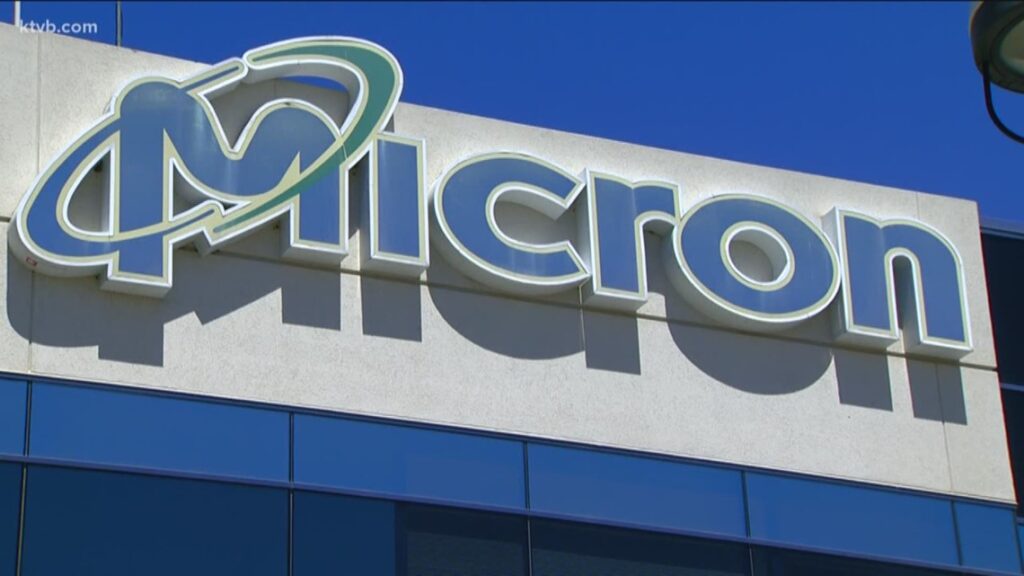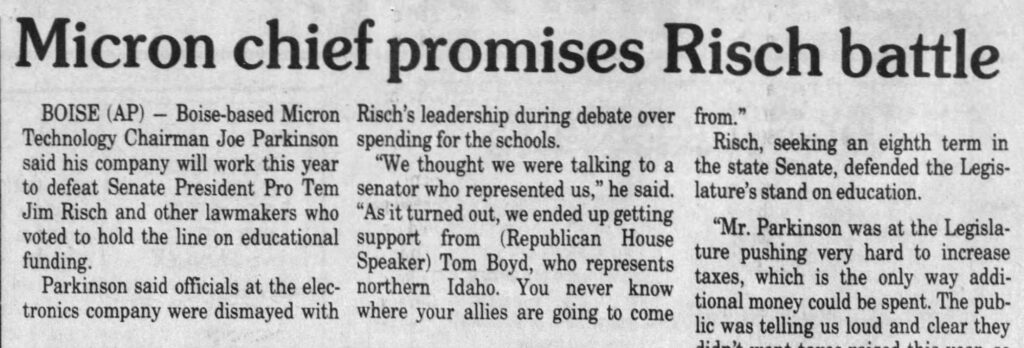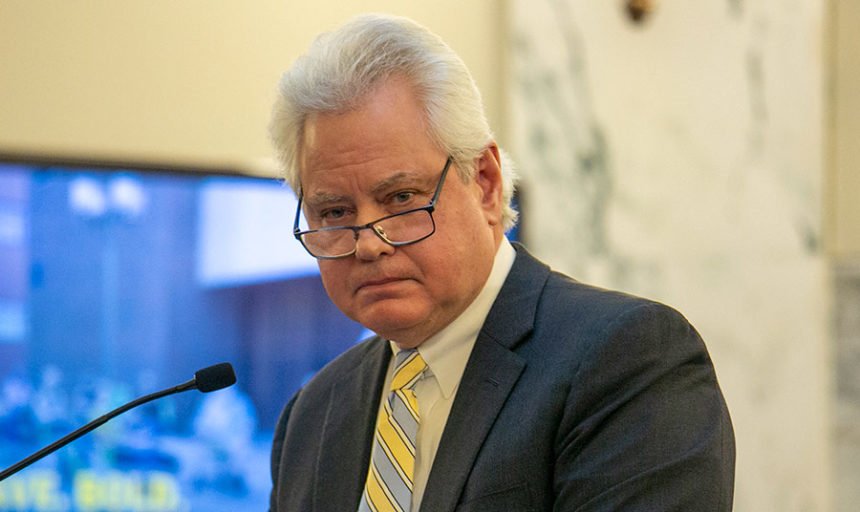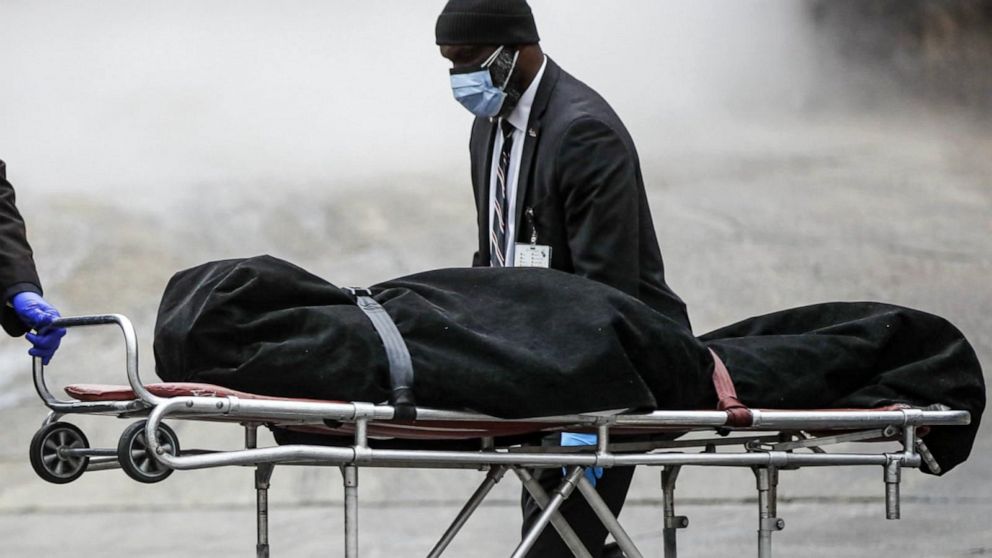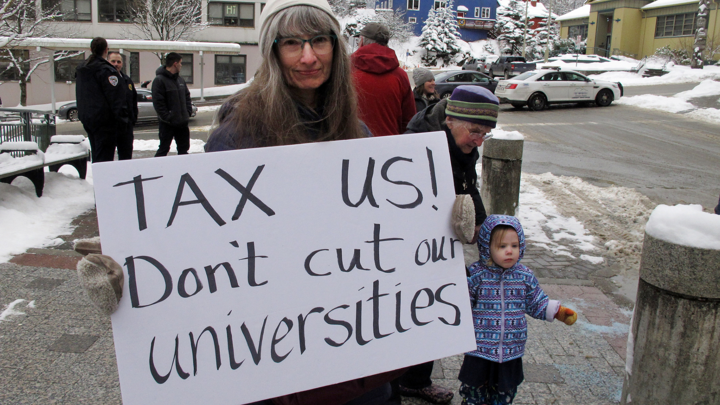For two generations the unshakable base of the Republican Party has been white voters without a college degree.
In 2019, the Gallup Poll found that “54% of whites without college degrees identified as Republicans or were Republican-leaning independents, compared with 34% who were Democrats or Democratic leaners.”
Turns out that Donald Trump and those politicians who follow him didn’t need to attract these voters as much as mobilize them. Little wonder Trump actually said in 2016 that he “loved the poorly educated,” who he called smart and loyal.
A recent Brookings analysis of the 2022 midterm election noted that “In addition to the outsized Democratic support among young people, white women with a college degree increased their Democratic support in 2022 compared to the 2020 presidential election. At the same time, white men without college degrees showed increased Republican support, even more so than in the 2020 election.” This block of GOP voters, Brookings says, “anchored Republican support in several Senate and gubernatorial elections.”
For a long time, I wondered why a political party would base a great deal of strategy on an appeal to people who either hadn’t been interested or able to access more education. Was the approach crassly cynical, strategically calculating or just stupid, or some combination of all three?
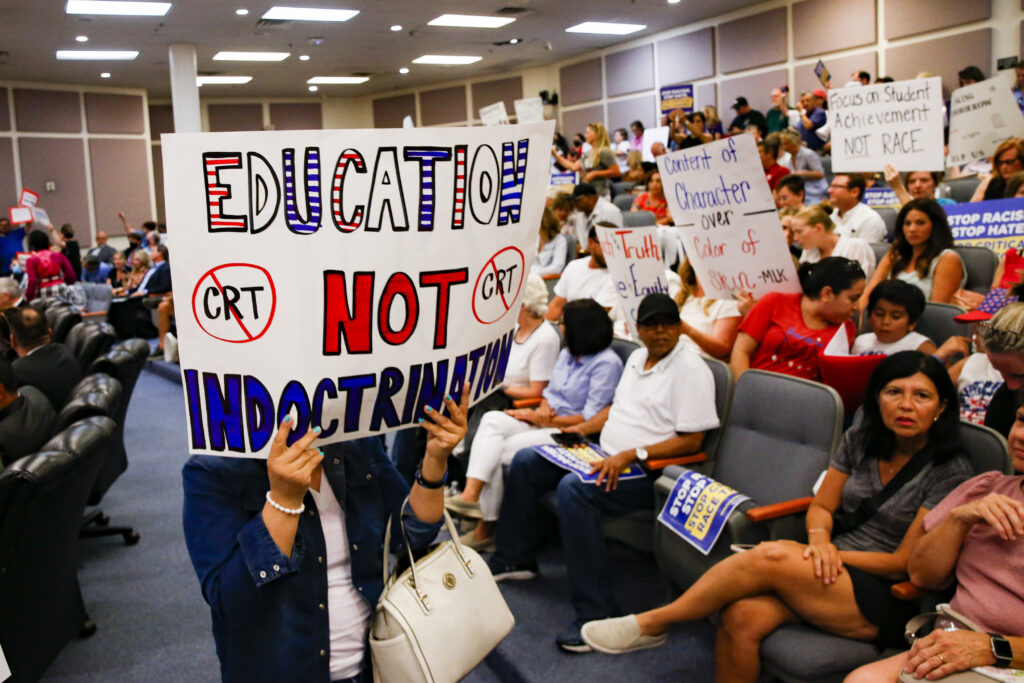
Then I remember the rule of no coincidence.
If you observe politics closely for long enough you realize there really are no coincidences. This old rule explains much of why Republicans from Ron DeSantis in Florida to the Kootenai County central committee in northern Idaho are engaged in a war on education. Republicans, at least many of them, are feeding the rightwing base. It’s a cynical, calculating and one hopes ultimately stupid strategy, but in many places attacking teachers, undermining schools and diminishing education in a variety of ways is a core belief system of the GOP.
Public school advocates in Idaho are bracing for another huge legislative assault on public education. A very conservative legislature seems sure during the coming legislative session to try and take money from already underfunded public schools and re-direct those resources to private and religious schools. Their talking point is that stripping resources from your neighborhood school improves student performance. It doesn’t.
There is vast evidence from many states, including Wisconsin, Indiana and Louisiana who have headed down this “school choice” path that student outcomes not only don’t improve when vouchers and similar schemes are introduced, but actually decline.
The school wars involve nonsense about how American history is taught and which books ought to be allowed in school libraries. The battlefield commanders in these wars decry student “indoctrination,” but welcome using public money to allow a religiously affiliated school to practice the very “indoctrination” they say they oppose.
The right’s unrelenting assault on education also targets the teaching profession. Poor pay for teachers and crushing workloads resulting from a widespread teacher shortages are driving educators from the classroom even as conservative politicians bemoan poor student outcomes.
A concerted national strategy to ideologically transform local school boards is moving ahead full steam, and is nowhere better illustrated than in Coeur d’Alene, Idaho where a radical right majority on the local community college board, with the support of radical local party leaders, have brought the school to the brink of losing its accreditation.

For decades North Idaho College was considered an educational gem in a community that lived for every positive development as their local community college grew and prospered. Republican and Democratic legislators from northern Idaho jockeyed to see who could do the most for NIC and its now 6,500 students. Local property taxpayers have long supported the school, displaying both community pride in the college and its obvious importance to the local economy. A 2020 analysis by the University of Idaho, to cite just one data point, calculated a $4.5 billion annual economic impact from higher education in Idaho and support for nearly 75,000 jobs.
A school like North Idaho College is simply the goose that keeps laying golden eggs, yet the radicals now running the school have suspended the well-regarded president who is suing in response. The board engaged in widespread violations of public meeting law and hired an unqualified right wing real estate lawyer and failed attorney general candidate as the board legal counsel (the prior counsel resigned amid the chaos after 23 years on the job). The radicals have meddled profusely in academic affairs, engendered a no confidence vote from the faculty and students and the board now faces a potentially extreme sanction from the regional higher education accreditation body. All this has happened since the radicals fired the previous president who left with a $250,000 settlement.
If the Northwest Commission on Colleges and Universities now yanks the school’s accreditation the fallout will be stunning – student credits won’t count, transfers will be impossible, the economic fallout will be massive, including private contributions disappearing. The school’s former legal counsel warns of “cataclysmic damage to the institution.”
You have to wonder: what’s the end game for these anti-education radicals? Do they hope to create such chaos that they can force privatization of the public college? Is the aim to stock the faculty and administration with fellow right wing zealots? Or is chaos empowered by incompetence the only real goal?
Here’s a possible clue. The local Republican establishment, arguably as extreme a local party as you’ll find anywhere in the Pacific Northwest, is noticeably mum, evidencing no interest in redirecting this runaway train of cataclysmic damage. Republican governor Brad Little has called the situation “unfortunate,” but he’s busying himself with the coming legislative session, undoubtedly plotting a way to not get splattered by the crap that will hit the political fan when his party tries to defund public schools by instituting vouchers. Imagine being a student or the parent of a student in the middle of this senseless storm of right wing chaos.
If Governor Little were treating northern Idaho’s four alarm educational fire with seriousness, he’d be pushing his own state board of education to intervene. The board could invoke the state law that spells out its duties, which reads in part that the state board shall “have general supervision, through its executive departments and offices, of all entities of public education supported in whole or in part by state funds …”
They should declare an emergency, which this is and take over management of the college. Let the kooks sue, while sanity saves the college.
But real intervention to prevent a catastrophic of loss of certification would require genuine leadership. And since there is no such thing as a coincidence, that would require a very public commitment to public education, and that is not in keeping with the Republican appeal to the poorly educated.
Standing by while chaos occurs is the most unconservative thing imaginable.
—–0—–
Additional Reading:
A few other items worth your time …
Farewell Address Of Senator Patrick Leahy
Even though the institution of the United States Senate has been a major focus on my research and writing for the past ten years, I wouldn’t normal pay much attention to the often set piece farewell speech of a long term senator.
But Pat Leahy’s recent speech strikes me as important and unusual.
The very senior senator from Vermont – in the Senate since 1975 – invokes the great Montana majority leader Mike Mansfield in talking about what the Senate once was and isn’t any more.
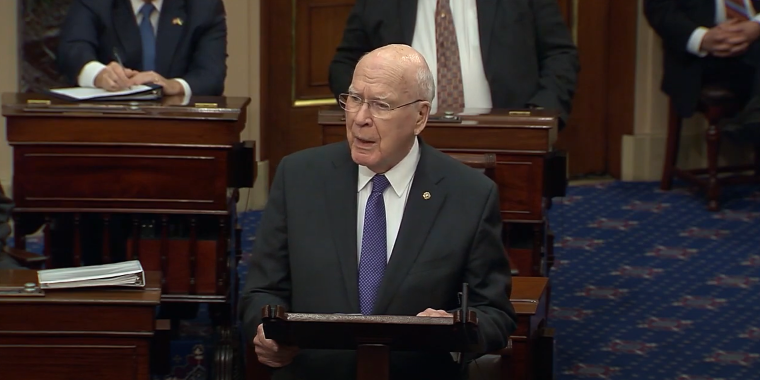
Here’s a portion of the speech. The whole thing is worth your time.
“It feels like yesterday that I walked into my first meeting with the person who would become my first Majority Leader – ‘Iron Mike’ Mansfield. The Majority Leader put a fundamental question to every new Senator: Why do you want to be here? For the title? Or to make a difference to make lives better?
“And though he was a soft-spoken man who listened more than he spoke, and rarely gave speeches on the Senate Floor, Leader Mansfield dispensed one piece of advice that made as enduring an impression as the question he left to each Senator to answer for themselves.
“Senators should always keep their word.”
“It struck me that across all those weighty debates, navigating the complicated and contradictory politics of a Senate and a caucus that included everything from social conservatives and segregationists to civil rights icons and prairie populists, Mansfield succeeded because he understood the currency of the institution was actually trust, not ideology.
“Senators should always keep their word.”
Link to the full Leahy speech. And, yes, my next book (coming in September 2023) is about the Senate of Mansfield and Everett Dirksen in the 1960s.
The Varieties of Historical Genres
A fellow author at the University of Oklahoma Press, environmental historian Adam Sowards, has a good newsletter that I commend to your attention.
Adam writes recently, “I’ve been thinking about the different ways history is written (and read) and wanted to explore that. Then, I saw a few newsletters and dozens of magazines and websites offering end-of-year book recommendations, and I thought I might be able to pull off a hybrid newsletter. Let’s see how it goes. Read on!”
Read on here.
The Brilliant Hackwork of P.G. Wodehouse
As a fan of Jeeves and Wooster, I really enjoyed this piece by writer Dan Brooks.
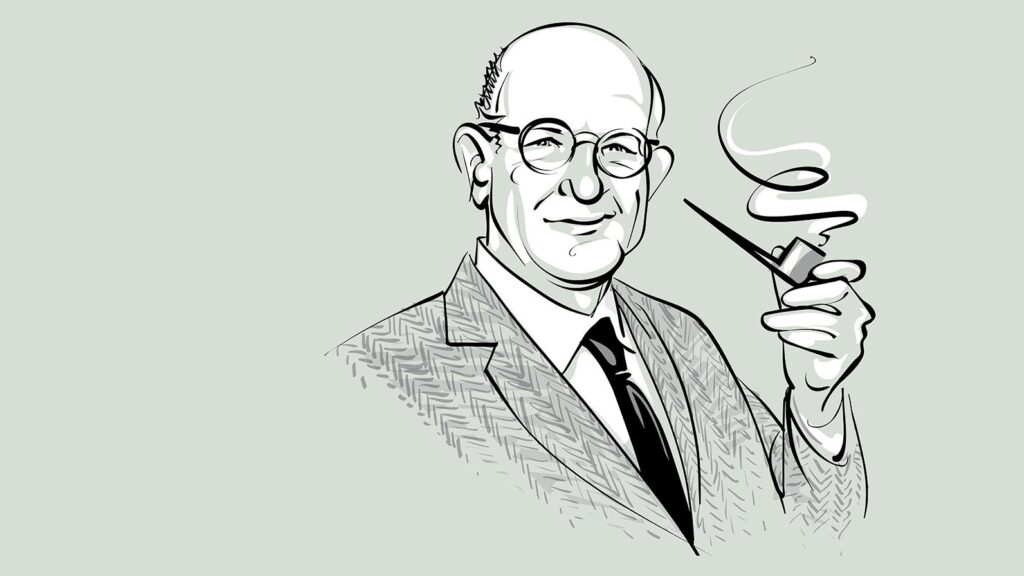
“The image of Wodehouse as some sort of manic literary beaver is one of the singular pleasures of reading his work. His professional career began in 1902 with the publication of his first novel and ended with the release of his 70th in 1974, less than a year before he died. The man fit in 25 years of full-time work before the first talkie hit theaters, back when the dominant media for comedy were stage shows and print.”
This may make you want to pick up one of the Wodehouse classics. Link here.
The Silver Palate Cookbook Changed Home Cooking (and Pesto Consumption) As We Know It
We have a very well thumbed copy of the Silver Palate. I’ve used the book many times, but never knew the backstory.
“The cookbook was a product of its time and place: New York’s Upper West Side in the late 1970s and early ’80s. A world synonymous (at least in the mind of the average moviegoer) with Woody Allen and then Nora Ephron. You can bet that before they were forced to play Pictionary at that dinner party, Harry and Sally were fed salmon mousse and chicken Marbella or maybe osso bucco.”
Here’s to a joyful and happy Christmas and bright 2023. Thanks a million for reading.

